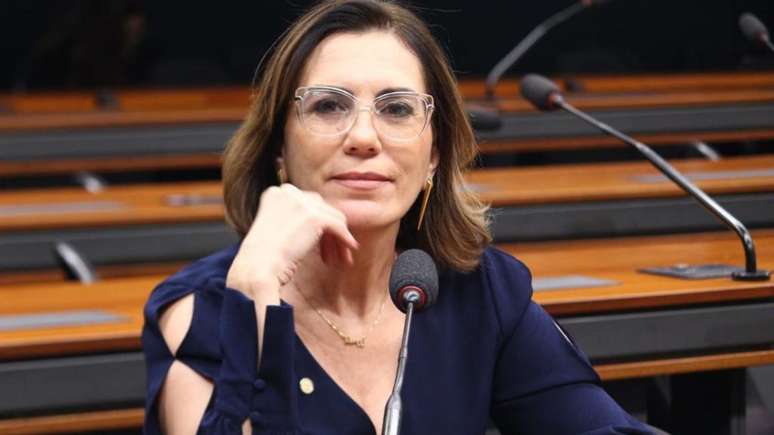Governor Tarcísio de Freitas recently signed an agreement for the construction of a tunnel that will connect Santos to Guarujá
Empty promises have made generations of inhabitants of the coast of São Paulo lose the belief that one day this bond would end Santos AND Guaruja will materialize. From colossal bridges, complete with movie models, to tunnels with devastating expropriations, pipe projects have been explored exhaustively by political groups in recent times.
On 9 February 2019, as a newly elected federal deputy, I had my first meeting with the then Government Infrastructure Minister Bolsonaro, Tarcisio Gomes de Freitas. On this occasion I listed the struggles of the Baixada Santista, including the construction of the tunnel between the two banks of the Port of Santos.
Tarcísio, in turn, drew up a development plan for the region and included the works, also so that they could be financed in a package, including the management of the port of Santos in the privatization program led by the Union.
The long bureaucratic phases of the project were overcome during the four years of presidential government Jair Bolsonaro (PL). The accounts of the port company, which have always closed in the red, have been resolved after decades of embezzlement and corruption scandals.
When the billion-dollar tunnel project began to become feasible, the PT government won the elections for the Presidency of the Republic, blocked the privatization of the port and brought everything back to square one. Elected governor of São Paulo, Tarcísio nevertheless tried to convince the president Luiz Inácio Lula da Silva (PT) to embrace the privatization of port management. However, the idea was rejected by the PT.
But even so the governor was not discouraged. He included the tunnel project in the package of concessions and partnerships with the private sector and signed an agreement with the Santos Port Authority, to allow, once and for all, the construction of the connection between the municipalities.
Days later, the Union simply announced that it would carry out the entire project, whose budget amounted to R$6 billion, without the participation of the State of São Paulo and using only the Growth Acceleration Programme, the old PT PAC , famous for his arrest and overpriced jobs.
Rejecting the partnership and participation of the Bandeirante government sounded like a political retaliation against Tarcísio, and the population of the coast of São Paulo was, once again, the victim of a low and economic policy masked by ideological loyalty and good intentions.
The governor’s pressure not to cancel the agreement with the Union insistently showed the public spirit of a manager who is not simply concerned with populist controversies, but rather with the commitments made to those who live, work or study in Baixada Santista.
San Paolo, in the partnership of the project, gives us more certainty that this will not be like many CAP projects, which never took off. A simple Internet search is enough to verify that there are no exaggerations in my speech. There are many Brazilian municipalities that have been suffering from unfinished, abandoned or ghostly buildings for years.
In 25 years as a journalist, I have followed the dry hookup story closely. As a second-term federal deputy, I continue and will remain steadfast, monitoring, demanding and defending the interests of the people I represent.
Thank you, governor, for embracing Baixada Santista’s struggle for this great work. We want this project to become a reality and, to this end, the partnership between the federal government and the State of São Paulo is fundamental. There is nothing to prove otherwise. The account doesn’t even close. At this moment, therefore, the union of entities for the benefit of the people is essential.
We must build bridges and shorten distances; guarantee that the common good is above populism, ideological passions and electoral and party interests. Yes, this is helping!
* Rosana Valle is a federal deputy of the PL-SP in her second term; president of the Parliamentary Front of Brazilian Ports; president of the State Executive of PL Mulher in São Paulo; journalist for over 30 years; reporter; and author of the books Rota do Sol – 1st and 2nd edition
Press office
Fiamini – Integrated Communication Solutions – serving the Office of Federal Deputy Rosana Valle (PL-SP)
Service:
Carla Fiamini: (11) 94749-6747
Rodrigo Dias: (11) 96794-5777
Simone Leone: (11) 99679-0666
Source: Terra
Rose James is a Gossipify movie and series reviewer known for her in-depth analysis and unique perspective on the latest releases. With a background in film studies, she provides engaging and informative reviews, and keeps readers up to date with industry trends and emerging talents.






